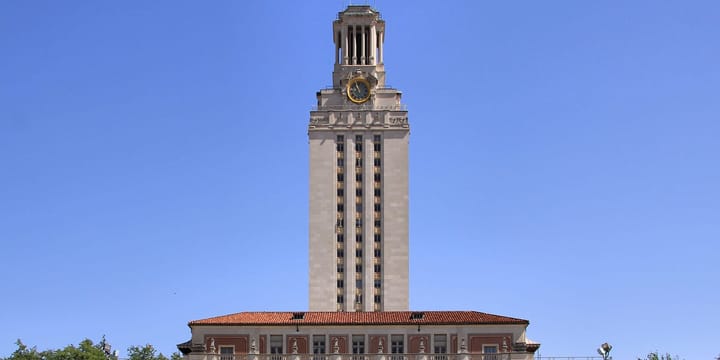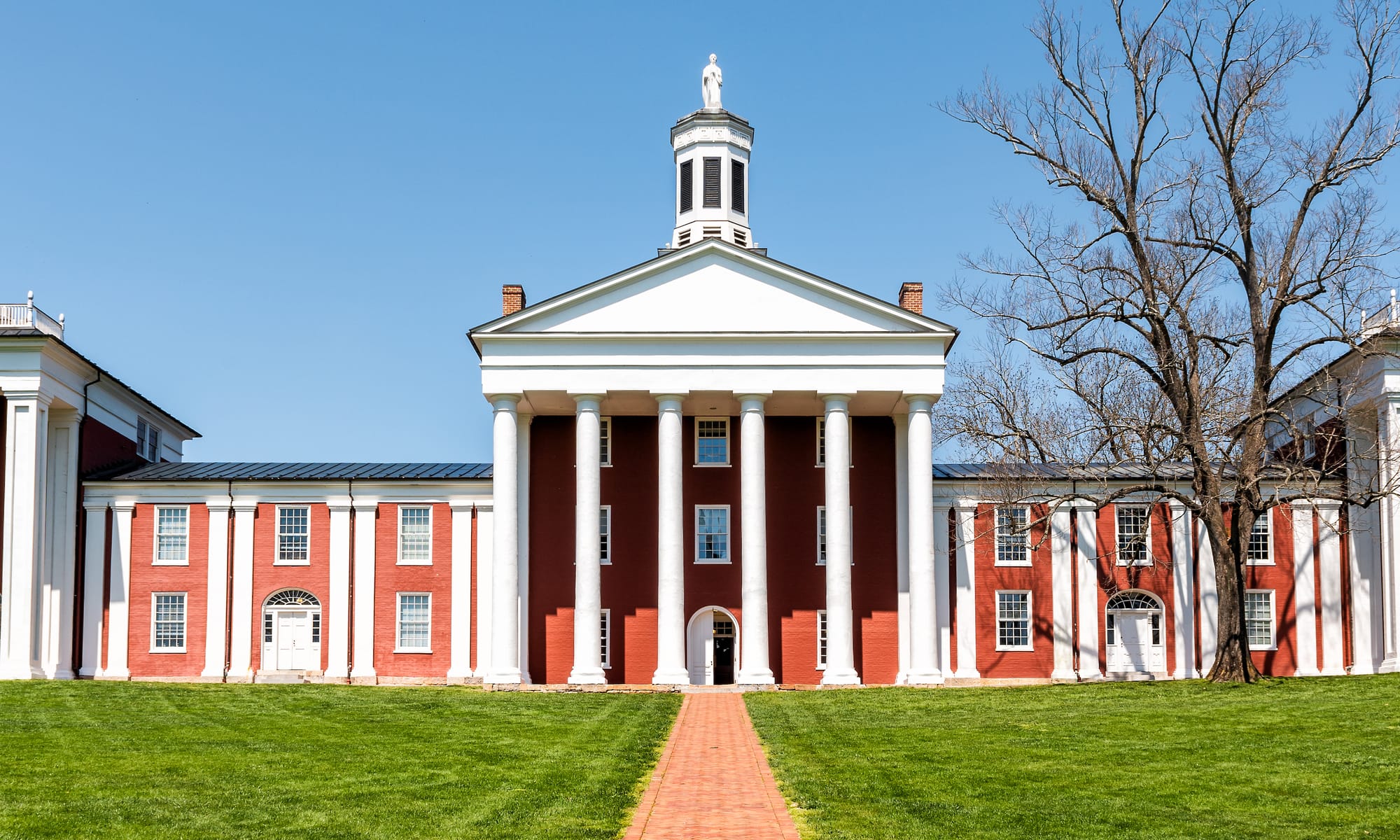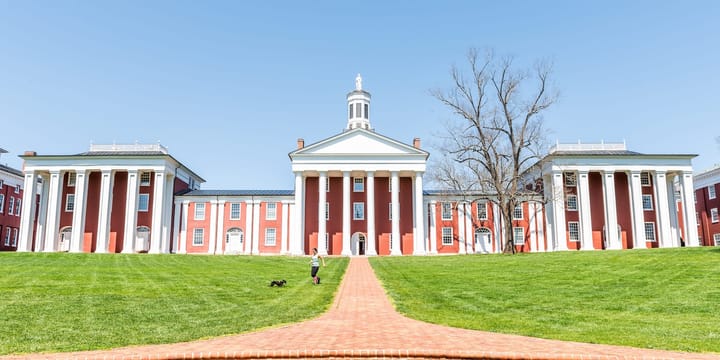Trump's higher education "compact" sparks controversy over academic freedom
Demands sent to nine top schools included pledging to freeze tuition for five years and to commit to strict definitions of gender and conservative priorities to get special treatment.

The Trump administration has sent a proposal to nine major universities that offers preferential access to federal funding in exchange for signing onto a sweeping set of conservative policy commitments. The move has ignited fierce reactions to the government overreach and the threeat to academic independence.
What is the compact?
The "Compact for Academic Excellence in Higher Education" is a 10-page document that represents the most comprehensive accounting to date of what the Trump administration aims to achieve from its months-long pressure campaign on academia. Various administration officials, including Education Secretary Linda McMahon, May Mailman (senior adviser for special projects at the White House), and Vince Haley (head of Trump's Domestic Policy Council), signed the letters.
The nine universities invited to sign include the University of Texas at Austin, UVA, Brown, Penn, Vanderbilt, USC, Dartmouth, MIT, and the University of Arizona. The schools have until October 20 to respond. And any agreements expected to be finalized by late November.
The terms and demands
Universities that sign would need to commit to the following requirements (at a minimum):
- Freeze tuition for American students for five years
- Cap international undergraduate enrollment at 15%
- Require applicants to pass admissions examinations
- Commit to strict definitions of gender based on reproductive function and biological processes.
The compact also asks universities to commit to "transforming or abolishing institutional units that punish, belittle, and even spark violence against conservative ideas". In other words, facts and history.
The letter outlines other requirements. These include banning consideration of race or sex in hiring and admissions, straight from K-Tel their conservative greatest hits of grievances. It also requires instruction in American civics to all foreign students. Finally, it aims to suppress grade inflation. (Even for the legacy failsons, one wonders?)
Universities with endowments over $2 million per undergraduate would also be required to provide free tuition to students studying math, biology, or other "hard sciences". Those pesky humanities get the shaft again—history is too inconvenient I guess.
In response for capitulating, universities would receive priority access to federal funds and looser restraints on overhead costs. The signed compacts would serve as assurance that schools are complying with civil rights laws.
Both sides have issues
In a Bluesky thread, legal scholar Joey Fishkin characterized the proposal as a threat. He reckons the administration will disfavor universities that don't sign in various ways. These could impact things from foreign student visas to student loans, federal contracts and grants, and even tax-exempt status. He calls it "a maximalist plan of 1st Amendment violation".
Kevin Eltife, chairman of the University of Texas System Board of Regents, welcomed the compact, saying the university was "honored" to be included and noting that "higher education has been at a crossroads in recent years". At the University of Virginia, interim president Paul Mahoney created a working group to advise on a response.
California Governor Gavin Newsom announced he would cut state funding to any university that signeed. This would include state-backed student loans. He stated "California will not bankroll schools that sell out their students, professors, researchers, and surrender academic freedom".
Even conservative groups expressed reservations. Frederick Hess, director of education policy studies at the American Enterprise Institute, questioned whether "we really want to wind up with each successive administration blasting out fast-pass conditions for federal research funds." He went on to call the approach "profoundly problematic" despite agreeing with the underlying principles.
Precedent and power
Ted Mitchell, president of the American Council on Education, described the compact as "a naked exercise of power." He warned signing it would set "a horrible precedent to cede power to the federal government".
The Foundation for Individual Rights and Expression allso warned that the requirement for universities to monitor employee speech could violate the First Amendment:
"A government that can reward colleges and universities for speech it favors today can punish them for speech it dislikes tomorrow".
Michael Roth, president of Wesleyan University, argued that "federal funding for universities should never depend on a loyalty oath," adding that "the health of our democracy depends on the freedom to work with the federal government without having to follow the ideological dictates of those in power".
Former Harvard president Lawrence Summers criticized the proposal as "like trying to fix a watch with a hammer—ill conceived and counterproductive,. He also warned that "the backlash against its crudity will likely set back necessary reform efforts".
A new approach to policy implementation
The compact represents the administration tendency to bypass normal channels. Instead, they reach out directly to institutions, seeking their sign-off on pledges to adopt portions of the Trump agenda, often blackmailing them with threat of losing federal funding.
May Mailman indicated the compact could ultimately be extended to all colleges and universities, saying "we hope all universities ultimately are able to have a conversation with us".
This continuing debate highlights government pressure and academic freedom. And it uses federal funding as the carrot, but more often the stick, to imprint itself on higher education.
We can only hope that the universities can stand firm. We seen success with the tactic of saying, "Fuck you. Make me," after all.
Non in cautus futuri.



